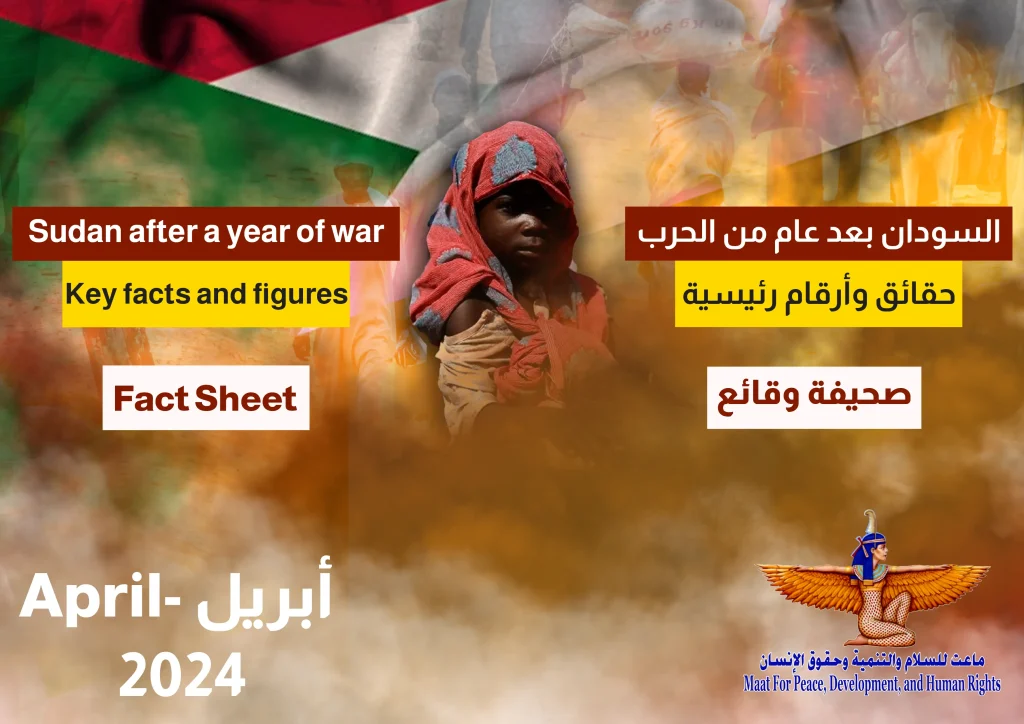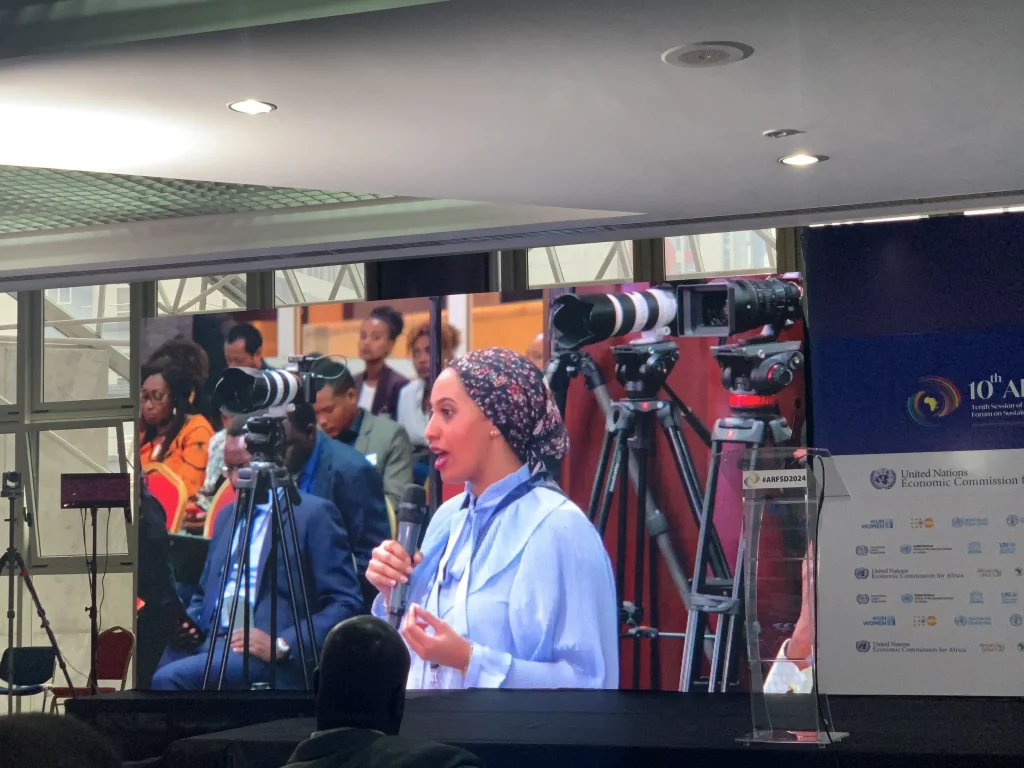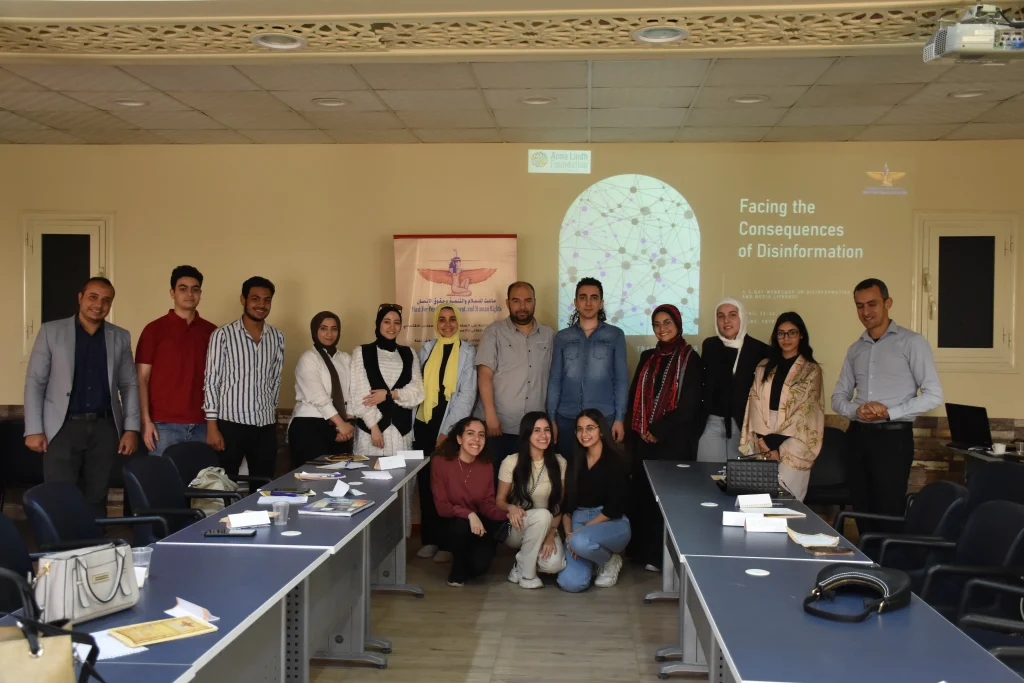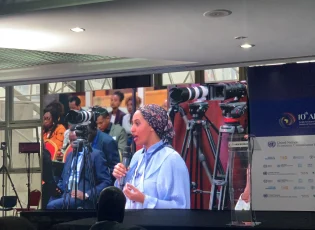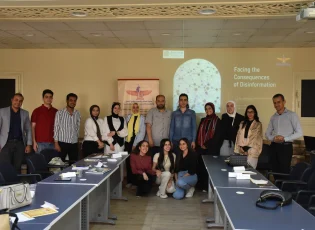Maat: We monitored Arab efforts to enhance resilience and resilience in the face of climatic hazards during the month of February
Okeil: We call on the Arab League to launch an Arab week in order to address the recurring climate dangers
Salah: We recommend Arab governments to promote the inclusion of marginalized groups in climate change activities
The Arab region is considered one of the most affected regions in the world. Despite the fact that it contributes very little to global climate change, it is the most affected by it. Therefore, there is an urgent need for cooperation between regional and international institutions concerned with combating climate changes, especially at the Arab level, in order to address the recurring climate dangers, which was confirmed by the League of Arab States in February during the International Conference on Climate Change and Human Rights. Therefore, Maat for Peace, Development and Human Rights releases the 14th issue of the SDG13 Observatory in the Arab region under the title “Concerted Arab Efforts to Confront Climate Threats”, in order to track good practices as well as the challenges faced by Arab countries in achieving SDG13.
During February, through monitoring and analysis, the Observatory addressed the achieved targets of the SDG13, which are Target 13.1 on integrating climate change-related measures into policies, strategies and planning at the national level, as well as Target 13.2 on enhancing resilience in the face of climate-related risks.
Somalia was the country focus of the Observatory’s 14th issue. Somalia is one of the Arab countries most affected by extreme climatic phenomena such as sudden drought, irregular rainfall, high temperatures, hurricanes, sand storms and dust storms. Maat’s monthly Observatory confirmed that Somalia ranks second after Niger in terms of exposure to harmful effects of climate change, which is likely to cause an increase in drought in Somalia, thus, nearly half of the population of Somalia in need of urgent assistance.
According to the Observatory, the consequences of climate change in Somalia gave rise to the increase in the actions of terrorist organizations, in addition to impacting the economic activities of hundreds of Somalis, especially agriculture.
On the one hand, Ayman Okeil, a human rights expert, and President of Maat, welcomed the various initiatives and efforts made by Arab countries in February to address climate change. However, despite those efforts, Arab countries are still facing dire consequences of climate changes, especially Yemen, Syria, Iraq, Morocco, Sudan, and finally Somalia, Okail added.
Confirming the conclusions reached by the League of Arab States during its meeting in February, Okeil recommended the importance of urgent cooperation between regional and international institutions concerned with limiting climate changes, especially at the Arab level, in order to address the recurring climate dangers. The human rights expert also recommended the League of Arab States to launch an Arab week to address climate change in order to encourage Arab countries and their governments to launch and develop climate-action policies related to the implementation of climate change related international agreements.
Maryam Salah, a researcher in the Sustainable Development Unit at Maat, recommended Arab governments and civil society organizations to establish forums and workshops aimed at allowing various community groups to propose solutions to the climate change crisis, and to submit those recommendations to the concerned decision-making authorities. Salah added that in light of the partnerships that Arab governments undertake, it is important that Arab governments share their successful experience in climate action inter-Arab partnerships.
It is noteworthy that the SDG 13 Observatory is a research periodical issued by Maat under the umbrella of the "Maat Platform for Climate Action", launched at the beginning of 2023. The Platform aspires to enhance the work of the civil society in the field of climate action, by launching studies and periodicals aiming to raise levels of climate awareness, in addition to organizing a series of training workshops and activities concerned with discussing mechanisms for addressing and combating climate change at all levels; national, regional and international..

 |
 |



